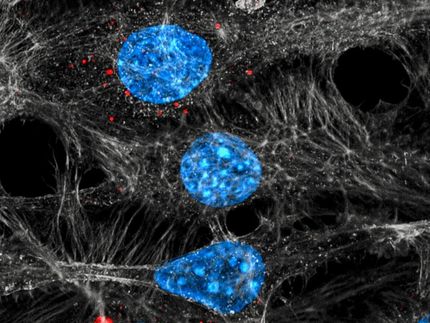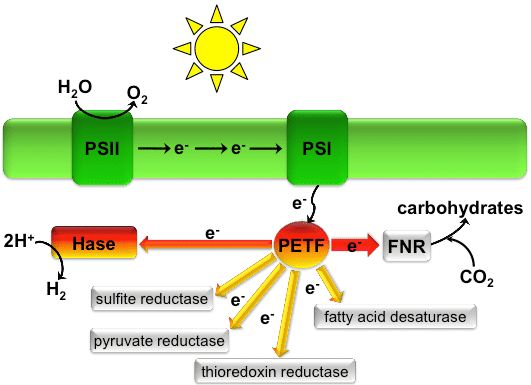Roche submits application to FDA for trastuzumab-DM1 in previously treated advanced HER2-positive breast cancer
T-DM1 is the first antibody-drug conjugate in Roche’s pipeline to be submitted to the FDA
Roche announced that the company submitted a biologics Licence Application (BLA) to the U.S. food and Drug Administration (FDA) for trastuzumab-DM1 (T-DM1) in people with advanced HER2-positive breast cancer who have previously received multiple HER2-targeted medicines and chemotherapies. This submission is based on the results of a Phase II study which showed T-DM1 shrank tumours in one-third of women who had received on average seven prior medicines for advanced HER2-positive breast cancer.
"While we've made great strides in treating HER2-positive breast cancer, there is a group of people whose breast cancer will come back after many treatments, leaving them with very limited options," said Hal Barron, M.D., Global Development and chief medical officer. "Data from studies have shown that T-DM1 shrank tumors in these people, so we are excited to have submitted this application to the FDA in hopes of offering a potential new medicine to people with this type of breast cancer.”
T-DM1 is an antibody-drug conjugate (ADC), also known as an armed antibody, being studied for advanced HER2-positive breast cancer. T-DM1 attaches trastuzumab and the chemotherapy DM1 together using a stable linker, which is designed to keep T-DM1 in one piece until it reaches specific cancer cells. The antibody (trastuzumab) binds to the HER2-positive cancer cells, and is thought to block out-of-control signals that make the cancer grow while also calling on the body’s immune system to attack the cells. Then, once T-DM1 is absorbed into those cancer cells, it is designed to destroy them by releasing the DM1 About T-DM1 studies
The FDA submission is based on a Phase II study known as TDM4374g, a single-arm, multi-centre trial designed to assess single-agent T-DM1 in 110 women with HER2-positive advanced breast cancer whose disease had worsened after receiving at least two prior HER2-targeted treatments (Herceptin [trastuzumab] and lapatinib) in the metastatic setting, as well as an anthracycline, a taxane and capecitabine. The primary endpoint of the study was objective response rate (a complete or partial tumor shrinkage of at least 30 percent, determined by two tumor assessments at least 28 days apart), as measured by an independent review facility.
Results from the study were presented at the 2009 San Antonio Breast Cancer Symposium and demonstrated that T-DM1 shrank tumors in 33 percent of women with advanced HER2-positive breast cancer that had worsened following treatment with an average of seven prior medicines for metastatic disease. In the study, most side effects were mild (Grade 1-2) and similar to those observed in previous clinical trials of T-DM1. The most common adverse events of any grade were fatigue (62 percent) and nausea (37 percent). The most common severe adverse events (Grade 3 or higher) were a low level of platelets in the blood (7 percent), fatigue (5 percent) and cellulitis (4 percent). No severe cardiac-specific side effects were observed. One patient with pre-existing, non-alcoholic fatty liver disease died with liver failure. The safety results were consistent with data from earlier studies, including a proof-of-concept Phase II study (TDM4258g), which was also included in the submission to the FDA.
Most read news
Other news from the department research and development

Get the life science industry in your inbox
By submitting this form you agree that LUMITOS AG will send you the newsletter(s) selected above by email. Your data will not be passed on to third parties. Your data will be stored and processed in accordance with our data protection regulations. LUMITOS may contact you by email for the purpose of advertising or market and opinion surveys. You can revoke your consent at any time without giving reasons to LUMITOS AG, Ernst-Augustin-Str. 2, 12489 Berlin, Germany or by e-mail at revoke@lumitos.com with effect for the future. In addition, each email contains a link to unsubscribe from the corresponding newsletter.
























































